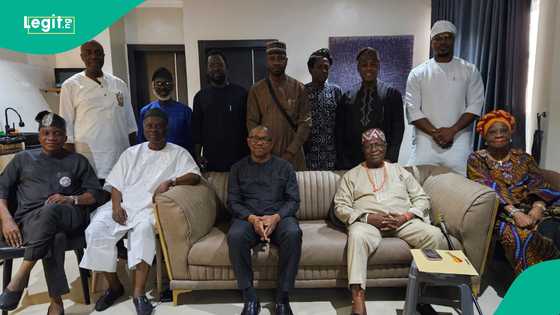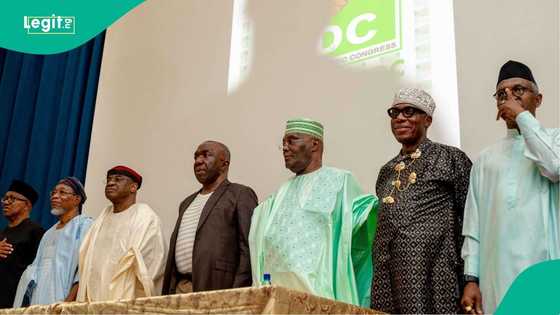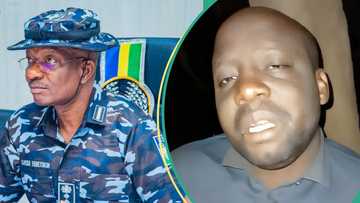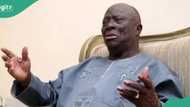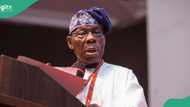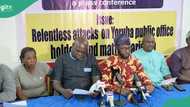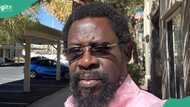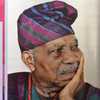
Afenifere
Afenifere, a socio-cultural organisation representing the Yoruba people of Nigeria, was established in 1951. The term "Afenifere" was derived from the Action Group (AG), a political party founded by Chief Obafemi Awolowo. While the AG was dissolved by military decree in January 1966, Afenifere persisted as a movement advocating for the welfare of the Yoruba people.
Early activities and political engagement
The Action Group, under Awolowo's leadership, aimed to prepare Western Nigeria for impending constitutional changes. After Egbe Omo Oduduwa chose not to engage in politics, Awolowo convened a meeting on March 26, 1950, with seven attendees, marking the inception of the AG. Between March 1950 and March 1951, nine secret meetings were held to avoid opposition from Dr. Azikiwe and his media outlets. The AG was publicly inaugurated on April 28, 1951, in Owo, Ondo Province, with representatives from 22 of 24 administrative divisions in the Western Region.
Philosophy and objectives
From its inception, Afenifere has been a movement committed to the welfare of the people, guided by Awolowo's philosophy of "Egalitarianism, Life More Abundant." Although never a registered political party, Afenifere served as the driving force behind the AG, advocating for organised political representation and effective leadership in the Western Region.
Structural innovations
The Action Group introduced several political innovations in Nigeria, including the establishment of a "Shadow Cabinet" and the adoption of the motto "Freedom for All, Life More Abundant." These initiatives aimed to provide structured governance and articulate the party's commitment to the people's welfare.
Enduring influence
Over the decades, Afenifere has navigated various challenges, including military rule and internal divisions. Despite these obstacles, it remains a significant force in advocating for Yoruba interests and contributing to Nigeria's political discourse. The organisation's resilience underscores its foundational commitment to the principles established by Awolowo.
Afenifere and the 2023 elections
In the lead-up to the 2023 general elections, Afenifere experienced a significant internal split over presidential endorsements. Acting leader Chief Ayo Adebanjo publicly endorsed Peter Obi of the Labour Party, citing a commitment to equity and the belief that it was the South-East's turn to produce the president. Conversely, Emeritus Leader Pa Reuben Fasoranti and his faction supported Bola Tinubu of the All Progressives Congress, emphasising Tinubu's capabilities and Yoruba heritage.
Following Tinubu's victory, the Adebanjo-led faction rejected the election results, asserting that Obi was the rightful winner and supporting legal challenges against the outcome. In contrast, Fasoranti's group accepted the official results, congratulating Tinubu and urging national unity. This divergence led to public disagreements, with each faction questioning the other's legitimacy and decision-making processes.
Efforts to reconcile the factions have been met with limited success. The Adebanjo faction appointed Oba Olaitan Oladipo as its new leader, a move not recognised by the Fasoranti group, which maintains that Fasoranti remains the legitimate leader. The Fasoranti faction criticised the appointment process as inconsistent with Afenifere's traditions.

